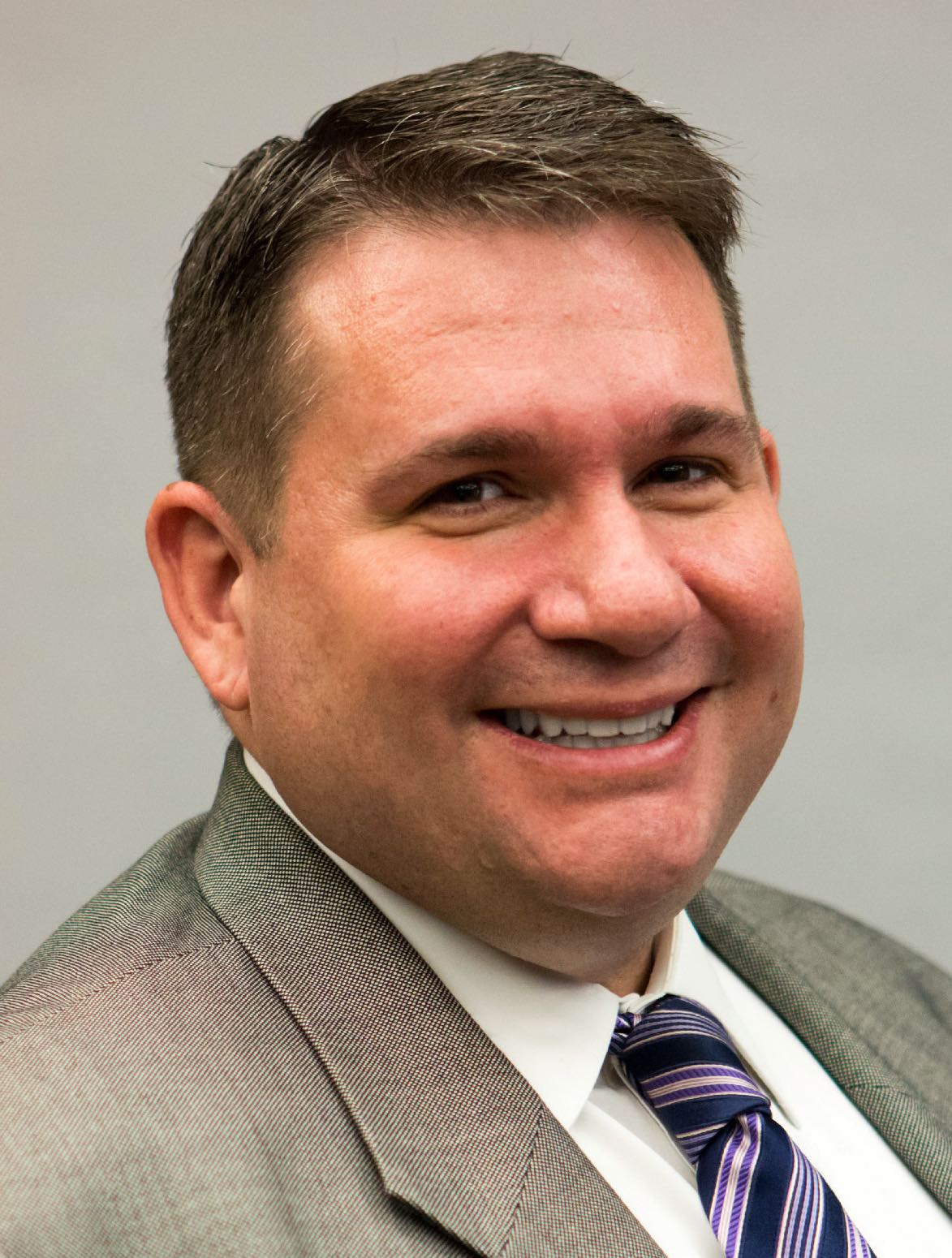 Today’s CFYM post is all about sharing your personal story. Learn how three DBSA peers traveling to Washington will share your comments from the past two weeks with Congressional Representatives. Read what affect another peer thinks the proposed CMS regulation to restrict access to quality mental health care would have had on his recovery.
Today’s CFYM post is all about sharing your personal story. Learn how three DBSA peers traveling to Washington will share your comments from the past two weeks with Congressional Representatives. Read what affect another peer thinks the proposed CMS regulation to restrict access to quality mental health care would have had on his recovery.
For the past two weeks, CFYM has informed our readers on the misguided decision by the Centers for Medicare and Medicaid Services (CMS) to restrict access to quality mental health care. Over the past several weeks since the CMS announced a proposal to eliminate antidepressant and immunosuppressant medications from protected class status, many citizens have taken up the call to make their voices heard. As a result, last week the Senate Finance Committee sent a letter to Marilyn Tavenner, CMS Administrator asking that the regulation be rescinded. All 24 members of the Finance Committee signed the letter. Reporting on the action, BioCentury reported that the letter states “If beneficiaries do not have access to needed medications, costs will be incurred as a result of unnecessary and avoidable hospitalizations, physician visits, and other medical interventions that are otherwise preventable with proper adherence to medication,”
Democracy In Action
This week the Depression and Bipolar Support Alliance (DBSA) will continue this exercise in democracy as three peers visit Congressional Representatives who serve on Committees that have jurisdiction over CMS. They will take your comments with them to the meetings. Dr. Rev. Cheryl Magrini will share your concerns about comorbidity. Mike Dostalek will share that through working with his doctors he has been able to find a formula of medications to support his wellness that combines brands and generic medication. Chelsea Miller will relate how her recovery would have been in serious jeopardy had she been forced into a “fail first” treatment strategy. All of these stories have one thing in common—peers and doctors need to be directing their treatment programs—not bureaucrats. Larry Drain, a Tennessee peer, illustrates that point very poignantly and powerfully in today’s post.
A Peer’s Story
I remember the day I thought I was going to die. I was on my way to work and I knew that if I went one step further, one inch further I would die. I didn’t know how or why, but I knew I was going to die. I stopped my car and cried.
It was a state of total, overwhelming terror. I will never forget it till the day I die. More than once in the middle of it all I wished I was dead. Everything important to me seemed to be gone and the future simply a black hole.
It took months to climb out and find life again. Instrumental in that was the ability of a doctor to prescribe medicine that based on his experience he thought might help. It did. And I am so thankful it was there. It was a relatively short term thing for me. But without it there probably wouldn’t have been a long term. Since then there have been other parts of my life where medication has played a critical role.
There is a proposal to change the way psychiatric medication is prescribed for those on Medicare Part D. It is bad medicine. Historically changes in Medicare become changes in other insurance policies. The policy would remove antidepressants and antipsychotics from what is called a protected class. It would mean that doctors can no longer prescribe what they think might work, but must first prescribe from a shortened list of available medications. It amounts basically to the same medication for all. Anyone who has ever taken medication can tell you the folly of that. One size doesn’t fit all. If I had to have a documented failure on what didn’t work in order to be prescribed what works, I might not be here now.
Cookie cutter medicine is a bad idea. Contact CMS today. Tell them this is a bad change. TELL THEM WE NEED NO MORE BAD MEDICINE!
Your Turn
Describe the role of medication in your recovery.
- How many efforts did it take for you find the right combination of lifestyle and medication?
- Are you still searching for the right combination to aid in your recovery?









Connect With Us